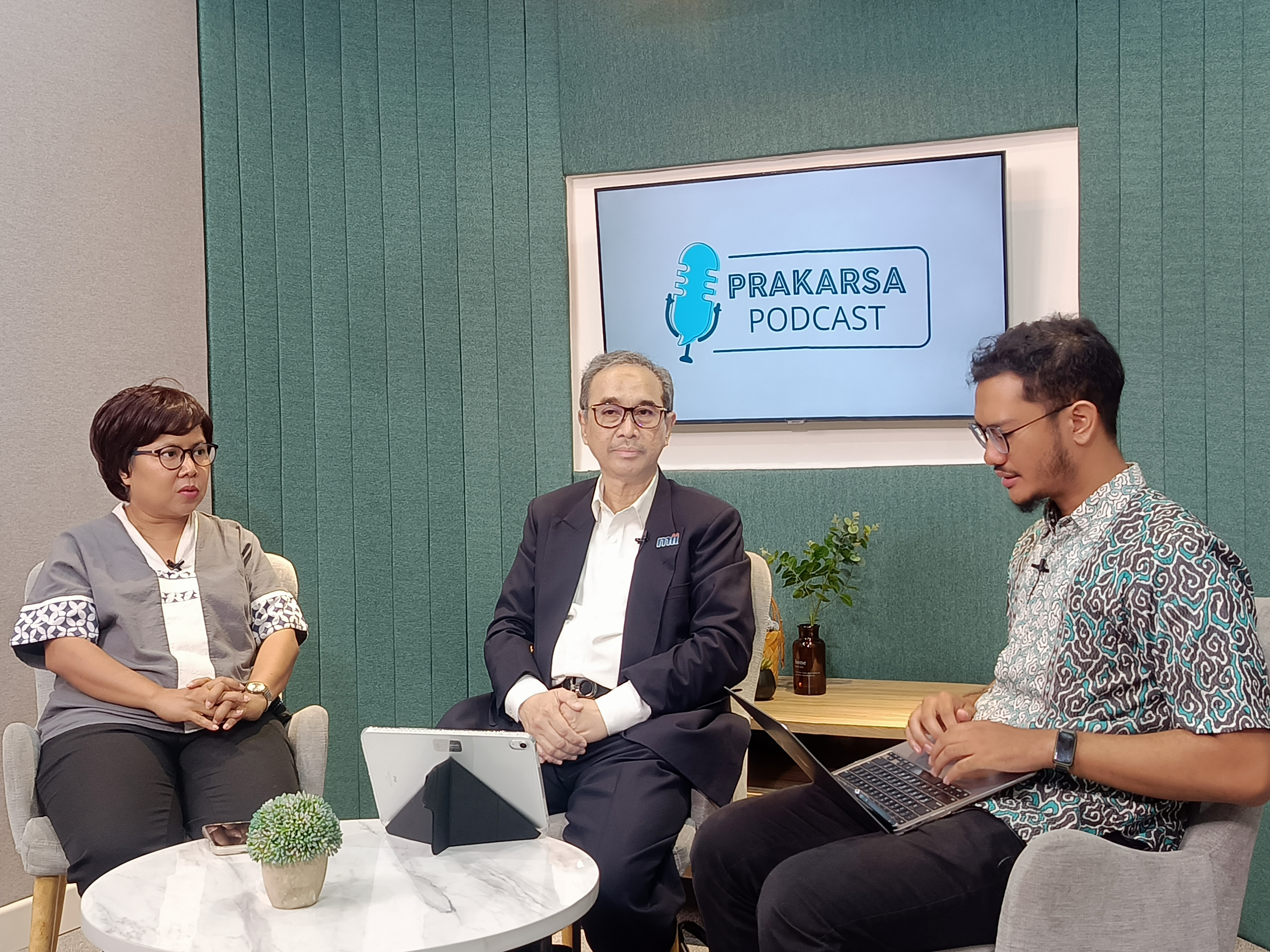
MII CEO Highlights Logistics Challenges and Hearing Aid Import Case on The Prakarsa Podcast
Jakarta, June 2, 2025 — Sriyono B. Soebianto, CEO of Mats Internasional Indonesia (MII), was recently featured as a guest on The Prakarsa Podcast, hosted by Victoria Fanggidae and Bintang Aulia Lutfi. In a thoughtful and in-depth conversation, Sriyono shared his perspectives on the challenges and opportunities within both the national and international logistics industries, while also providing a clear explanation of the recent controversy surrounding the import of hearing aids, which has been hindered by customs duties and regulatory barriers.
As the head of an international logistics company, Sriyono emphasized the need for stronger collaboration between the private sector and government regulators to foster a more efficient and competitive logistics ecosystem. He identified major obstacles such as bureaucratic complexity, fragmented licensing systems, and inconsistencies between national and regional regulations.
“Indonesia has significant potential to become a logistics hub in Southeast Asia, but there are still fundamental issues to address, including infrastructure development, legal certainty, and the digitalization of customs and trade services,” he stated.
During the podcast, Sriyono specifically addressed the case of delayed hearing aid imports, which drew public attention due to distribution bottlenecks affecting individuals in need. He clarified that the root of the problem lay not in the logistics process itself, but in the complexities of customs classifications, mandatory standards, and import licensing requirements.
“Importing hearing aids is not solely a logistical matter. It involves product classification, compliance with national standards, distribution permits, and tariff harmonization—all of which affect the speed of delivery. This is about essential healthcare needs for people with disabilities,” he explained.
Sriyono urged the government and industry stakeholders to work together to simplify regulations and expedite licensing procedures, particularly for humanitarian and essential goods. He further advocated for affirmative policies to ensure that vulnerable communities are not disadvantaged by administrative delays.
This episode served as a timely reminder of the strategic role logistics plays in enabling the equitable distribution of essential goods, and the importance of building a responsive and integrated regulatory environment.
